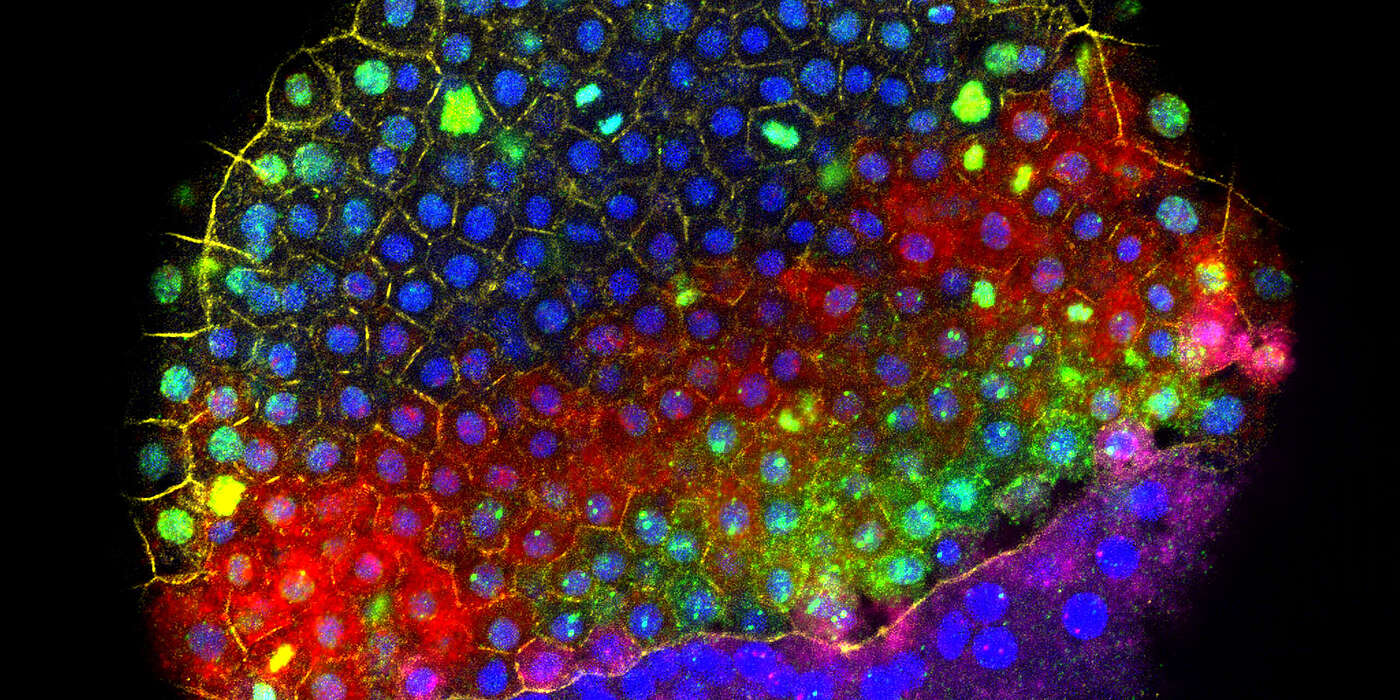The team led by Alex Schier, Director of the Biozentrum, University of Basel, and Professor at Harvard University, showed in publications in Science and Nature Biotechnology how single embryonic cells develop into a heart, nerve or blood cell. These studies have now been selected by Science Magazine as the "Breakthrough of the Year 2018". Schier’s studies were selected together with additional studies of cellular development. In addition, the readership of Science selected these studies for the “People’s Choice Breakthrough of the Year 2018”.
The researchers combined various techniques for their work, including the sequencing and mutagenesis of thousands of individual cells, to track in detail how tissues and entire animals develop from a single cell. They were able to reconstruct the developmental process of individual embryonic cells for the first time and, in addition, showed that cells can change their path during their maturation process.
The title "Breakthrough of the Year" has been awarded annually since 1996 by Science Magazine.
News: Who am I? How cells find their identity
Publications:
Jeffrey A. Farrell, Yiqun Wang, Samantha J. Riesenfeld, Karthik Shekhar, Aviv Regev and Alexander F. Schier. Single-cell reconstruction of developmental trajectories during zebrafish embryogenesis. Science. Published online 26 April 2018.
Raj B, Wagner DE, McKenna A, Pandey S, Klein AM, Shendure J, Gagnon JA, Schier AF: Simultaneous single-cell profiling of lineages and cell types in the vertebrate brain. Nature Biotechnology 2018.
Contact: Communications, Heike Sacher



